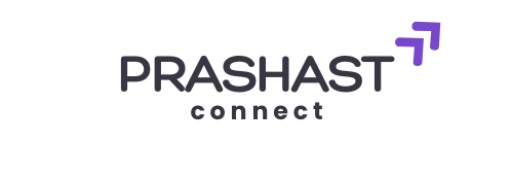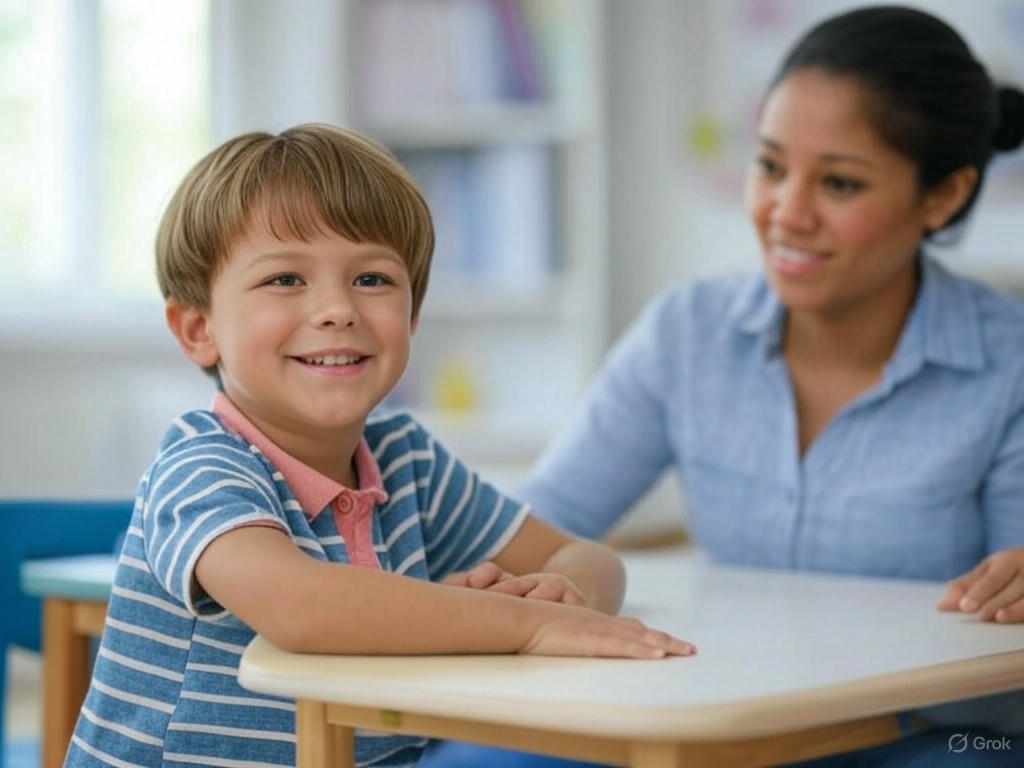How to Talk to Teachers About Development
Effective communication with teachers is key to supporting student growth and addressing developmental concerns. Learn how to approach these conversations with confidence and clarity.
Understanding the Importance of Teacher Communication
Effective communication with teachers is the cornerstone of fostering student development. Teachers spend significant time with students and often have valuable insights into their academic, social, and emotional growth. By learning how to talk to teachers about development, parents and caregivers can build a strong partnership that benefits the child.
Research shows that parent-teacher collaboration improves student outcomes. According to a study by the National Education Association, students whose parents are actively involved in their education are more likely to excel academically and socially. This highlights the importance of open dialogue between parents and teachers.
When discussing development, it’s essential to approach teachers with respect and a willingness to collaborate. Teachers are professionals who bring expertise and experience to the table, and their perspective can complement parental observations.
Understanding how to talk to teachers about development also helps address potential challenges early. Whether it’s academic struggles, behavioral concerns, or social difficulties, proactive communication ensures that the child receives the support they need.
Preparing for the Conversation
Preparation is key when learning how to talk to teachers about development. Before initiating the conversation, take time to gather your thoughts and identify specific concerns or questions. This ensures that the discussion remains focused and productive.
Start by reviewing your child’s progress reports, homework, and any feedback from the teacher. Look for patterns or areas where your child may need additional support. For example, if your child struggles with reading comprehension, note specific instances to discuss.
Consider writing down your observations and questions. This helps you stay organized during the conversation and ensures that you don’t forget important points. For instance, you might ask, “Have you noticed any changes in my child’s behavior during group activities?”
Finally, approach the conversation with a positive mindset. Remember that the goal is to work together to support your child’s development. By preparing thoroughly, you can make the discussion more effective and collaborative.
Identifying Key Developmental Concerns
Identifying specific developmental concerns is a crucial step in learning how to talk to teachers about development. These concerns may include academic challenges, social difficulties, or emotional struggles.
For example, if your child has difficulty focusing in class, this could be a sign of attention-related issues. Alternatively, if they avoid interacting with peers, it may indicate social anxiety. By pinpointing these concerns, you can address them effectively with the teacher.
Use real-world examples to illustrate your concerns. For instance, you might say, “I’ve noticed that my child often avoids eye contact during conversations. Have you observed similar behavior in class?” This helps the teacher understand your perspective and provides a starting point for discussion.
Remember that developmental concerns are not always negative. You can also discuss areas where your child excels, such as creativity or problem-solving skills. Highlighting strengths alongside challenges creates a balanced conversation.
Choosing the Right Time and Setting
Timing and setting play a significant role in how to talk to teachers about development. Choose a time when the teacher is not rushed or preoccupied, such as during parent-teacher conferences or scheduled meetings.
A private setting is ideal for discussing sensitive topics. Avoid bringing up developmental concerns during casual encounters, such as drop-off or pick-up times. Instead, request a dedicated meeting to ensure privacy and focus.
Consider the teacher’s schedule and availability. For example, you might say, “I’d like to discuss my child’s development. When would be a good time for us to meet?” This shows respect for their time and creates a collaborative tone.
By choosing the right time and setting, you create an environment conducive to open and productive communication. This is a key aspect of learning how to talk to teachers about development effectively.
Building a Collaborative Approach
Collaboration is at the heart of how to talk to teachers about development. Approach the conversation as a partnership rather than a one-sided discussion. This fosters mutual respect and shared responsibility for the child’s growth.
Start by acknowledging the teacher’s expertise. For example, you might say, “I appreciate the effort you’ve put into supporting my child’s learning. I’d like to work together to address some developmental concerns.” This sets a positive tone for the conversation.
Encourage the teacher to share their observations and insights. Ask questions like, “What strategies have you found effective in helping my child stay engaged in class?” This demonstrates your willingness to learn from their experience.
Finally, emphasize teamwork. Use phrases like “How can we work together to support my child’s development?” This reinforces the idea that both parties are working toward a common goal.
Using Clear and Respectful Language
Clear and respectful language is essential when learning how to talk to teachers about development. Avoid using accusatory or confrontational language, as this can create tension and hinder collaboration.
Instead, use “I” statements to express your concerns. For example, say, “I’ve noticed that my child struggles with completing homework on time. Can we discuss strategies to address this?” This approach focuses on the issue rather than placing blame.
Be mindful of your tone and body language. Maintain a calm and respectful demeanor throughout the conversation. This helps build trust and encourages open communication.
Remember that the goal is to work together to support your child’s development. By using clear and respectful language, you create a positive environment for discussion.
Asking Open-Ended Questions
Open-ended questions are a powerful tool in how to talk to teachers about development. These questions encourage the teacher to share detailed insights and observations.
For example, instead of asking, “Is my child doing well in class?” ask, “What strengths and challenges have you noticed in my child’s learning?” This invites a more comprehensive response.
Open-ended questions also help uncover underlying issues. For instance, you might ask, “How does my child interact with peers during group activities?” This can reveal social dynamics that may impact their development.
By asking open-ended questions, you create an opportunity for meaningful dialogue and gain valuable insights into your child’s progress.
Sharing Observations and Examples
Sharing specific observations and examples is a key aspect of how to talk to teachers about development. This provides context for your concerns and helps the teacher understand your perspective.
For instance, if your child struggles with reading, you might say, “I’ve noticed that my child often skips words when reading aloud. Have you observed similar behavior in class?” This connects your observations to the teacher’s experience.
Use concrete examples to illustrate your points. For example, you might share a recent incident where your child had difficulty following instructions. This helps the teacher identify patterns and develop strategies.
By sharing observations and examples, you create a foundation for productive discussion and collaborative problem-solving.
Setting Goals and Action Plans Together
Setting goals and action plans is an essential step in how to talk to teachers about development. This ensures that both parties are aligned in their efforts to support the child’s growth.
Start by discussing specific objectives. For example, you might say, “I’d like to help my child improve their reading comprehension. What goals can we set together to achieve this?” This creates a shared vision for progress.
Collaborate on actionable steps to achieve these goals. For instance, the teacher might suggest additional reading exercises, while you can commit to practicing reading at home. This creates a comprehensive plan for improvement.
Finally, establish a timeline for reviewing progress. For example, you might agree to meet again in three months to assess your child’s development. This ensures accountability and ongoing communication.
Following Up and Maintaining Communication
Following up is a critical component of how to talk to teachers about development. Regular communication ensures that progress is monitored and adjustments are made as needed.
After the initial conversation, check in with the teacher periodically. For example, you might send an email asking, “How is my child progressing with the reading exercises we discussed?” This shows your commitment to supporting your child’s growth.
Maintain an open line of communication by attending parent-teacher conferences and staying involved in school activities. This helps build a strong relationship with the teacher and keeps you informed about your child’s development.
By following up and maintaining communication, you create a collaborative partnership that benefits your child’s growth and learning.
Conclusion
Learning how to talk to teachers about development is a valuable skill for parents and caregivers. By understanding the importance of communication, preparing for conversations, identifying concerns, and building a collaborative approach, you can support your child’s growth effectively.
Using clear language, asking open-ended questions, sharing observations, and setting goals together ensures productive discussions. Following up and maintaining communication strengthens the partnership between parents and teachers.
Remember, the ultimate goal is to work together to support your child’s development. By mastering how to talk to teachers about development, you create a positive and impactful environment for your child’s learning journey.
For more resources on disability screening or inclusive education, visit Prashast.org.
FAQ
- Why is it important to talk to teachers about development?
- Talking to teachers about development helps address academic, social, and emotional concerns early, ensuring that your child receives the support they need.
- How can I prepare for a conversation with my child’s teacher?
- Review your child’s progress, write down observations and questions, and approach the conversation with a positive mindset to ensure productive discussions.
- What are some examples of open-ended questions to ask teachers?
- Examples include “What strengths and challenges have you noticed in my child’s learning?” and “How does my child interact with peers during group activities?”
- How can I maintain communication with my child’s teacher?
- Follow up regularly through emails, parent-teacher conferences, and school activities to stay informed about your child’s progress and development.



